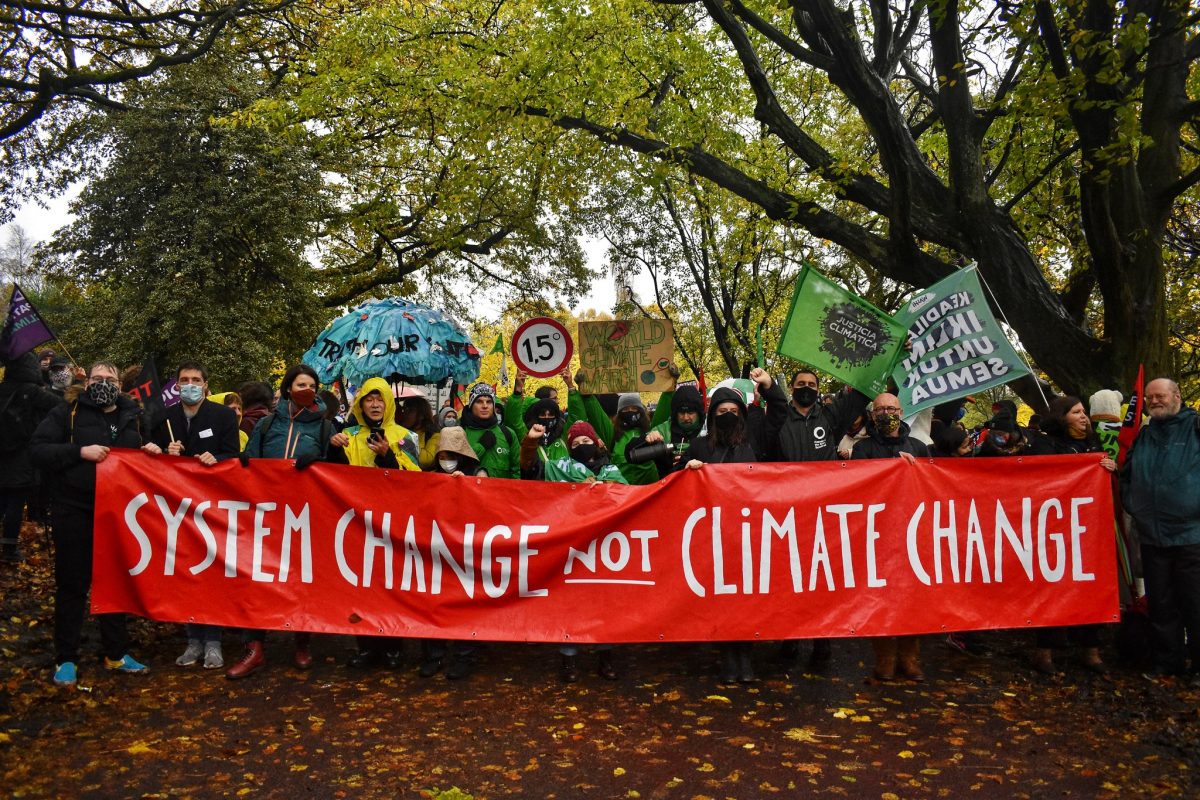
A year of extremes
2011 wasn’t a great year for the environment or the climate, and, after this year, few of us will be in any doubt about what is meant by the term ‘extreme weather’. The year kicked off with Australian floods in January, followed by cyclones, landslides and earthquakes. No region seemed safe, but the US was hit particularly hard by flooding, wildfires and drought.
The Guardian called 2011 “the year of too much or too little water”, and wrote: “It began with devastating floods in Australia which covered an area the size of France and Germany combined, and ended with tropical storm Washi killing nearly 1,000 people and making 300,000 homeless in the Philippines.” The Japanese earthquake and tsunami in March was followed by one of the worst nuclear disasters ever, when three reactors at the Fukushima nuclear plant went into meltdown. We are still unsure of the human, economic and ecological costs of Fukushima, but it’s already cost $210bn.
At least this major disaster was a wake-up call or an expensive reminder to us all that nuclear energy isn’t the answer. Germany promptly brought forward their phasing out of nuclear power stations to 2022. Italy voted against new nuclear reactors, and the Swiss cabinet called for decommissioning of the country’s nuclear reactors. One of our wishes for the New Year wishes is to see the Scottish and UK Governments follow suit by decommissioning Scotland’s nuclear reactors as quickly as possible, and dumping plans to build eight new reactors respectively.
So, if anything good has come out of 2011 it is the raised awareness of the need to invest in renewables. But even with a projected doubling of investment in renewable energy by 2020, it still won’t be enough to get our emissions down to control climate change. In November, the International Energy Agency warned that the world is heading straight for “irreversible climate change” if action isn’t taken in the next five years.
This was the bleak outlook facing COP17, UN’s climate summit taking place in Durban, South Africa, in early December. Only the most optimistic soul could regard the Durban outcome as anything else than a setback. While the summit managed not to kill of the Kyoto protocol and avoid a total split between the rich carbon emitting countries and the poorer developing countries, the outcome was merely an agreement to work towards emissions cuts in the future.
How many times have we heard that promise? Sadly, it seems that Governments will spare no effort to bail out failing banks and rescue economies, but ignore the peril that the planet is in. Nnimmo Bassey, Chair of Friends of the Earth International, put it this way: “Without much stronger commitments for the next 5-10 years the Durban outcome will stay nothing more than smoke and mirrors – an illusion of ambition with no real targets or clear timelines.”
Closer to home for Friends of the Earth Scotland we saw a massive oil spill in the North Sea from the Shell Gannet Alpha platform about 180 km from Aberdeen. Shell held back information and underplayed the severity of the spill to the public until it became clear that this wouldn’t disappear by
itself. We also spent a lot of time campaigning against the Royal Bank of Scotland, who, despite making a great effort of its green credentials in PR exercises and marketing, continue to fund climate wrecking developments around the world. In 2011 we learnt that RBS ranks seventh in the world when it comes to financing the global coal industry.
We also fought for environmental justice, and successfully intervened in the UK supreme court that lead to a change in Scots law on who has the right to have a case heard in court and will allow organisations like ours to take cases in the public or wider interest. Thank you for your support in 2011, and we look forward to working for and with you in 2012. Happy New Year!
